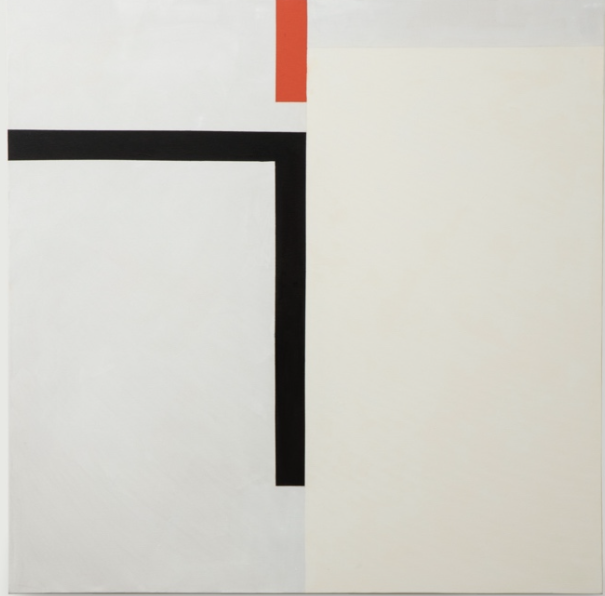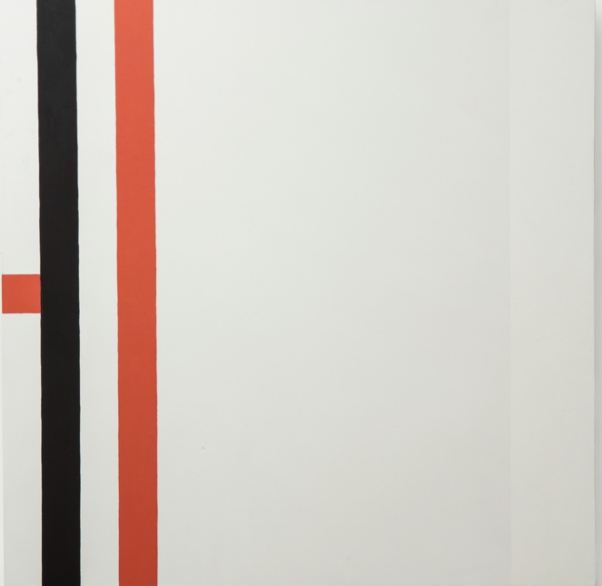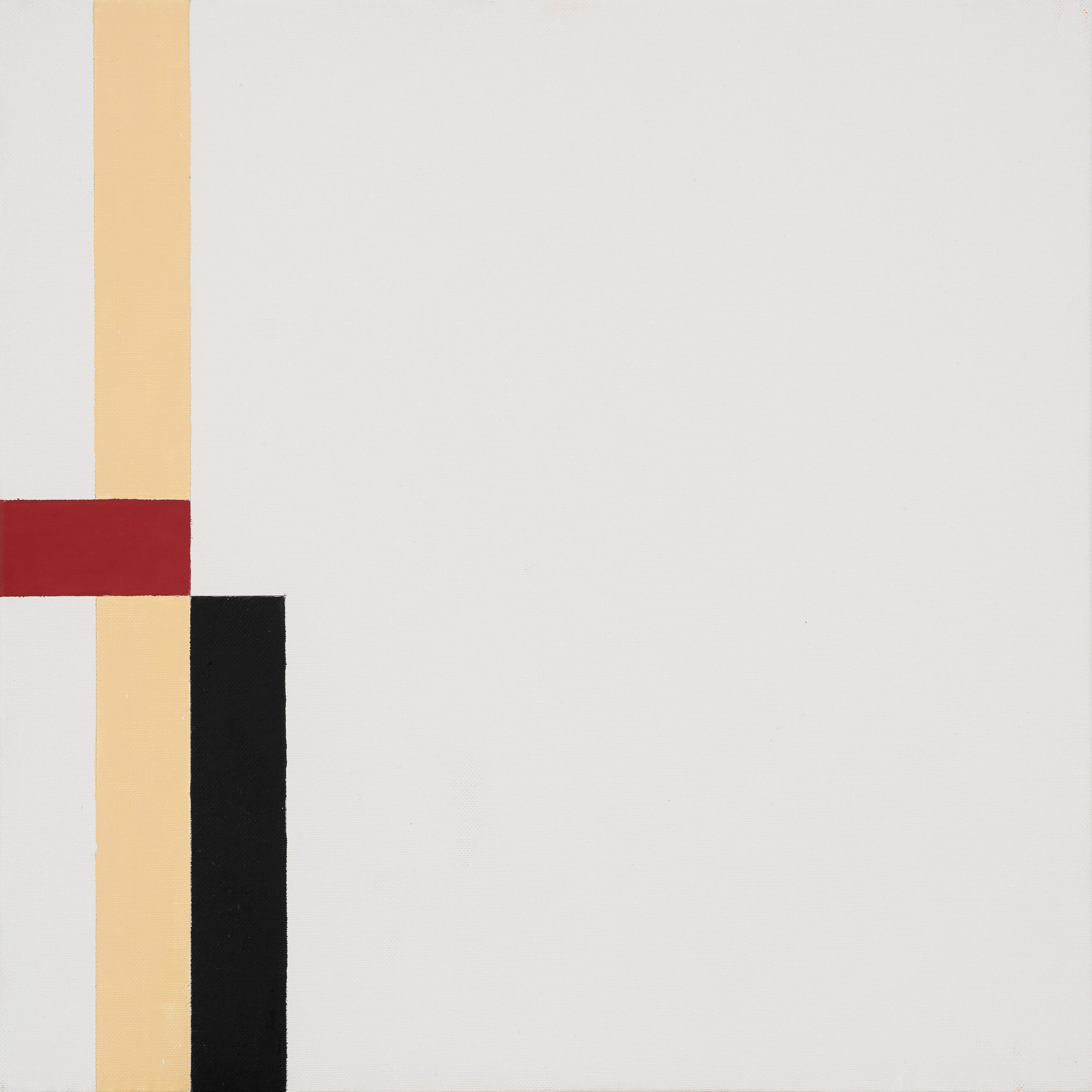César Paternosto
César Paternosto (1931) was born in La Plata, Argentina. He is a painter and sculptor. Since 1967 he lived in New York and in 2004 he moved to Segovia (Spain) where he presented a retrospective exhibition at the Contemporary Art Museum Esteban Vicente with the curatorship of Tomás Llorens. In 1969, Paternosto started a series of white and uniform works and began to paint on the wide edges of the frame.
In 1972, he won the Guggenheim Scholarship. He had numerous solo and group exhibitions both at the United States, as well as in Latin America and Europe. In 2010 the architects Rafael Moneo and Pedro Elcuaz invited him to intervene the lobby of the Atocha Station in Madrid for which the artist ideated an arrangement of colored rectangles that seem to appear and disappear as the traveler or viewer walks by. He recently exhibited at the Museum Thyssen-Bornemisza in Madrid (Spain) at the exhibition called “Towards Painting as Object” that established a dialogue between paintings by the artist and works from the museum’s personal collection (november, 2017- january, 2018).
His works are included in public and private collections such as: the MoMA and the Guggenheim Museum in New York; the Museum of Fine Arts in Boston; the Kunstmuseum Bern, Switzerland, the Art Center National Museum Reina Sofía in Madrid, The Ford Foundation in New York, as well as in the National Museum of Fine Arts, the Museum of Modern Art and the Latin American Art Museum in Buenos Aires. His works also belong to private collections such as the Diana and Bruce Halle Collection, Arizona (USA); the Patrica Phelps Cisneros Collection; the Ella Fontanals-Cisneros Collection, Miami; and the Baroness Carmen Thyssen-Bornemisza and Norman Foster Collections in Madrid (Spain).




